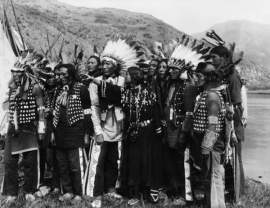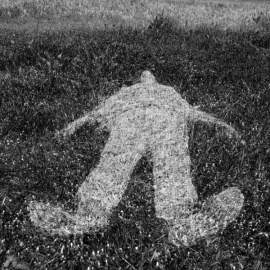
What are the Criticisms of Felon Disenfranchisement?

Civil rights proponents make their main argument against felon disenfranchisement fairly simple: both the Fifth and Fourteenth Amendments of the U.S. Constitution clearly state that no citizens of the United States, regardless of whether or not they are convicted felons, shall be "deprived of life, liberty, or property," including the right to vote.
Opponents of the most harsh of all State felon disenfranchisement laws, like those of Virginia and Kentucky, which make felon disenfranchisement a permanent revocation, likewise claim that such suffrage suppression is also a violation of the Eighth Amendment of the U.S. Constitution, which notes that "excessive bail shall not be required, nor excessive fines imposed, nor cruel and unusual punishments inflicted" for criminal offenses.
Using these Bill of Rights clauses as the foundation of their debate, critics of felon disenfranchisement laws are firm in their belief that in many ways, denying voting rights to "felons," which statistics show are anywhere from 60 to 70% racial and ethnic minorities, is not only prejudice, but a means of socio-political exclusion in disguise. In the simplest sense, it has no justified purpose, especially once felons have completed their sentences.
The creation of the Voting Rights Act of 1965, one of the most important pieces of civil rights legislation enacted, which gave the right to vote to "racial, ethnic, and language minority U.S. citizens", only further supports the notion that certain State laws are far too strict and discriminatory when it comes to allowing felons the ability to repeal their disenfranchisement.
Although improvements have indeed been made in past decades regarding the issue, with many states lifting their permanent felon disenfranchisement laws and instead placing restrictions on suffrage for felons, there is still much progress to be made.
The fact that the U.S. is one of the only democratic nations that enforces felon disenfranchisement laws (countries like France, Canada, Japan, Norway, Sweden, Peru, Australia, Israel, and Germany, among many others, all allow suffrage for nearly all of their imprisoned felons) is a testament to the latter statement.
NEXT: What are the lists of felonies?





















